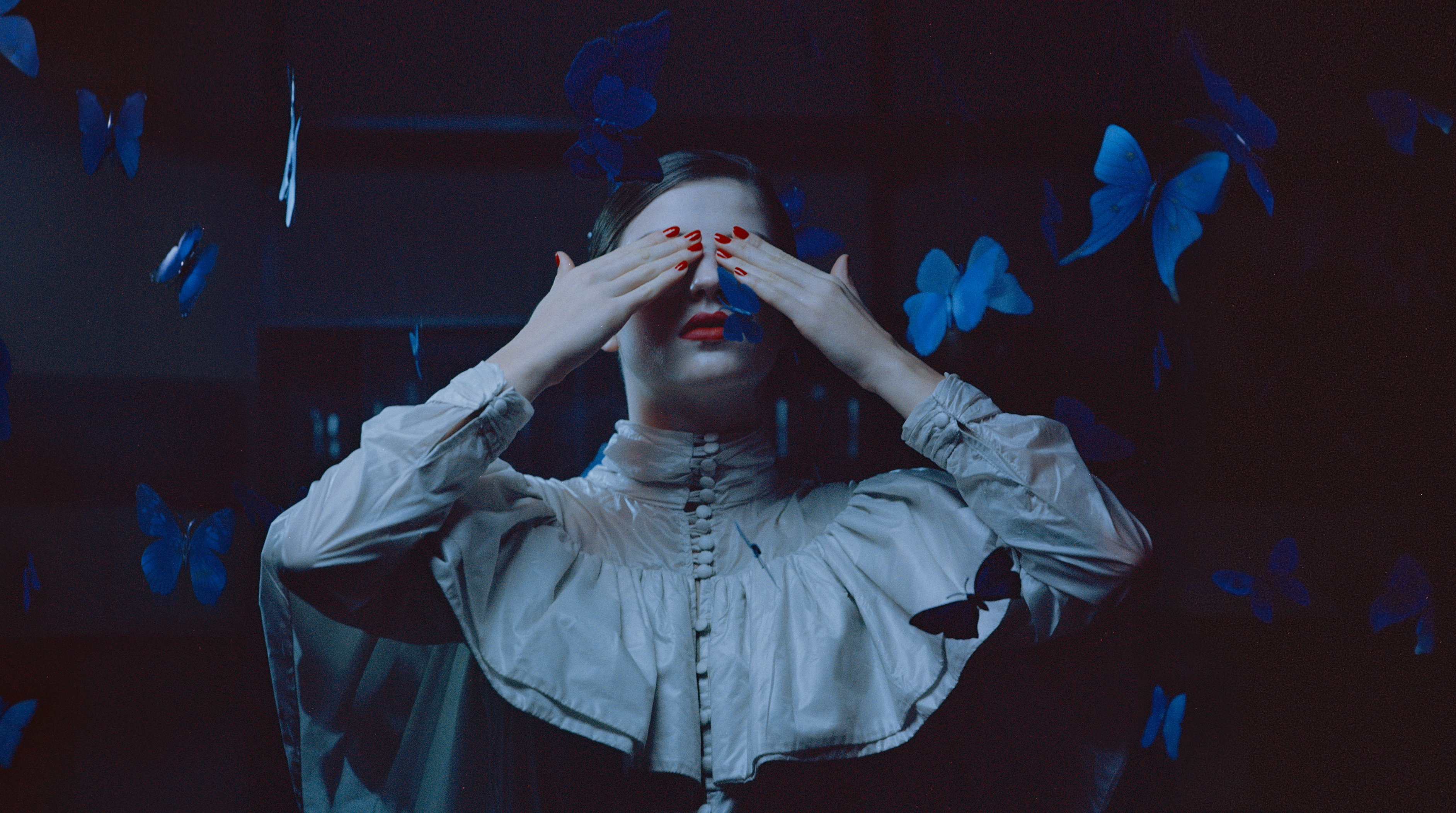Postgraduate
MA Fashion Photography
Course summary
Why choose this course at London College of Fashion
- Photography in all its forms: Utilise photography across a range of mediums, technologies and thinking including analogue, digital, moving image and alternative and emerging platforms.
- Research: Develop an understanding of the processes and methodologies of research and explore theory, philosophical frameworks and prototyping, culminating in the pursuit of your Masters Project.
- Practical skills: Develop a diverse skill set that you'll be able to apply to fashion photography as well as other areas like fine art, popular culture and mass media, whilst utilising our industry standard facilities.
- Experimental and experiential: Be proactive and take creative risks in a supportive and encouraging environment and also work on collaborative projects with students from across LCF and UAL, alumni and the fashion industry.
- Employability: Integrate theory and practice through progressive projects designed to realise your graduate aspirations, opportunities and destinations; opening up employment opportunities.

